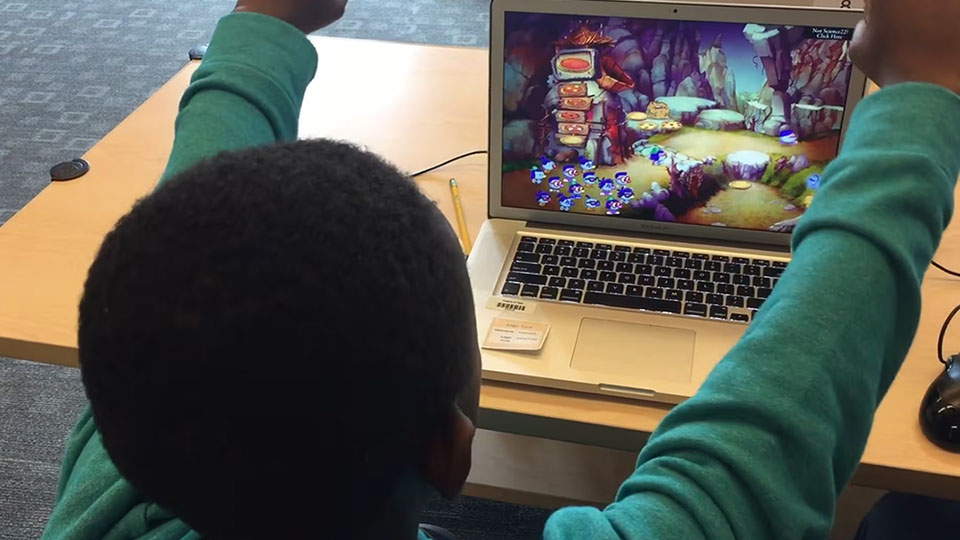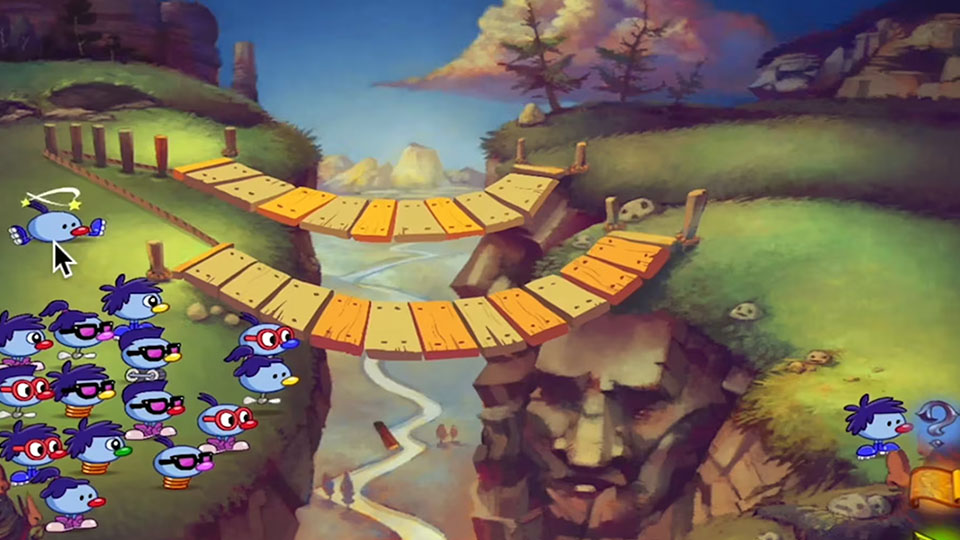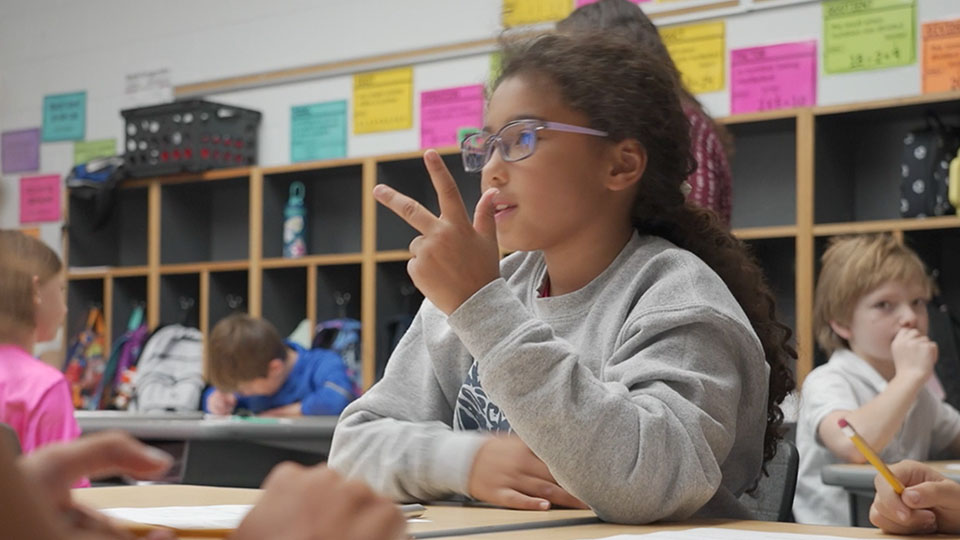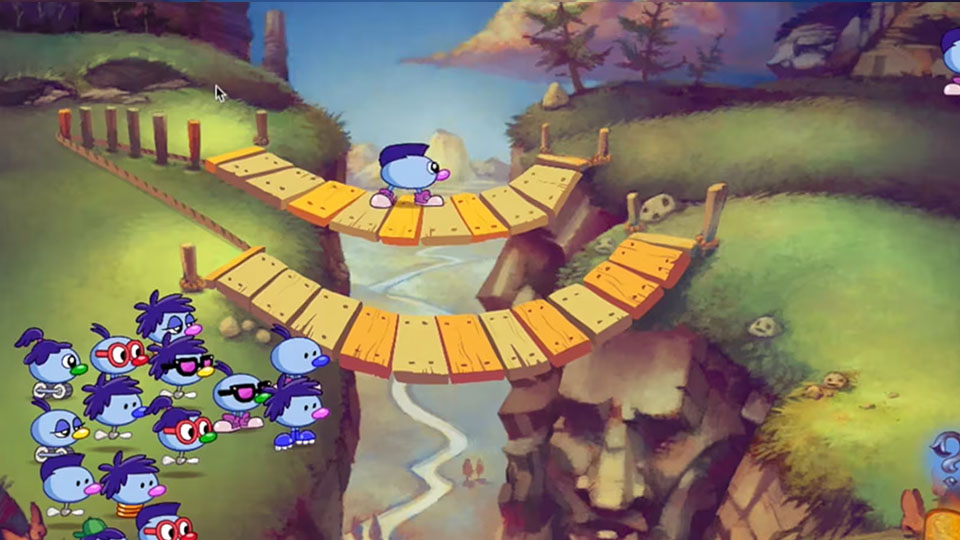Research on Computational Thinking & the Game Zoombinis
Description
Computational Thinking, the set of ideas and practices considered vital for computer science skills, has been attracting increased attention over the past several years in K-12 education. Zoombinis, an award-winning adventure game, engages players in guiding little blue Zoombinis on a “fun but perilous” journey featuring 12 puzzles, each with 4 levels of difficulty, designed around logic and computational thinking. Our research involves educational data mining techniques to assess students’ learning in conjunction with pre-post computational thinking assessments (external to the game), teacher interviews, classroom observations, and case studies of classroom use. The goal is to understand both students’ learning of computational thinking and how to bridge the formal and informal learning via classroom implementation of the Zoombinis game. Learn more about Zoombinis.
NSF Award: 1502882
Discussion
This discussion took place during the TERC Video Showcase Event Nov. 14-21, 2023. Discussion is now closed.Presenters
Lead Presenter

TERC
Co-Presenters

TERC

TERC





